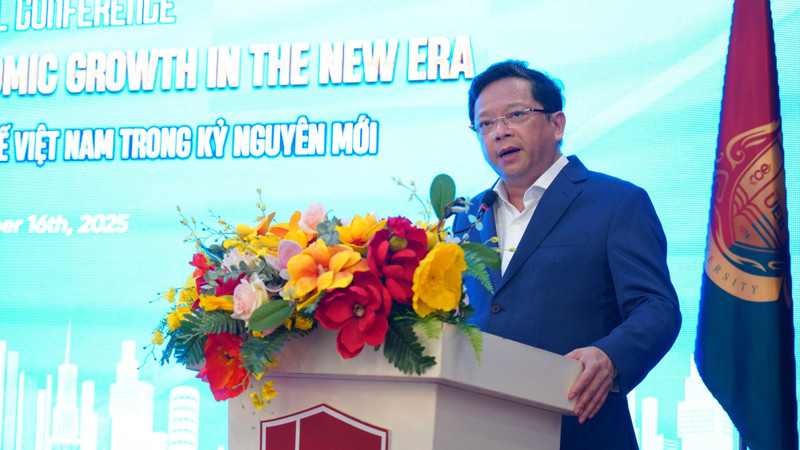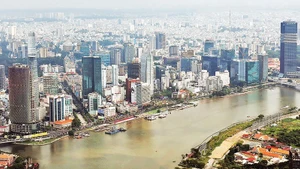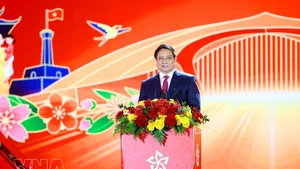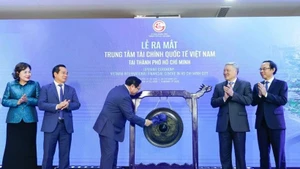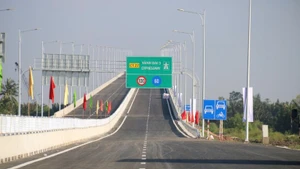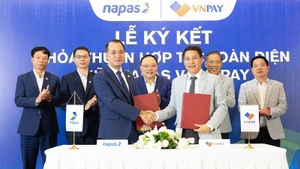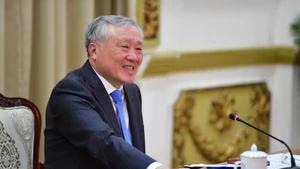In his opening remarks, Deputy Head of the Central Committee for Policy and Strategy, Nguyen Duc Hien emphasised that Viet Nam cannot continue to rely on traditional growth engines such as natural resource exploitation, cheap labour, or expanded-scale capital investment. Instead, Viet Nam must create modern and sustainable drivers, aligned with the digital era and the green era, while effectively seizing international integration opportunities to achieve breakthroughs.
Dr Pham Anh Tuan, Deputy Director of the Institute of Viet Nam and World Economy under the Viet Nam Academy of Social Sciences, observed that the increasingly complex global context requires Viet Nam to renew its development mindset, adopt flexible, innovative, and effective strategies, seize opportunities, overcome challenges, and gradually affirm its national position.
Associate Professor Dr Le Trung Thanh, Rector of the University of Economics, Viet Nam National University, Ha Noi, affirmed that Viet Nam urgently needs to create modern, sustainable development drivers based on transparent institutions, innovation, digital transformation, and green growth, while effectively taking advantage of international integration opportunities to make strong advances.
During the discussion session, representatives from management agencies, international organisations such as the World Bank and the International Monetary Fund, along with scholars, engaged in lively exchanges about growth pillars and breakthrough solutions. Several key drivers for Viet Nam’s growth in the new era were highlighted.
First is the completion of a modern development institution, creating a transparent and fair environment to unlock all social resources. Next is the development of science and technology, innovation, and digital transformation, considered the leading driver to enhance national productivity and competitiveness. At the same time, Viet Nam must focus on developing high-quality human resources, particularly in high technology, the digital economy, the green economy, and international governance.
In parallel, it is essential to promote the role of the domestic private sector, improve the effectiveness of attracting foreign direct investment (FDI) in connection with technology transfer, and form a sustainable production–innovation ecosystem. Above all, economic growth must be linked with green development, environmental protection, social equity, and improved quality of life for the people.
The event was co-organised by the University of Economics, Viet Nam National University, Ha Noi, and the institute of Viet Nam and World Economy, Viet Nam Academy of Social Sciences.
